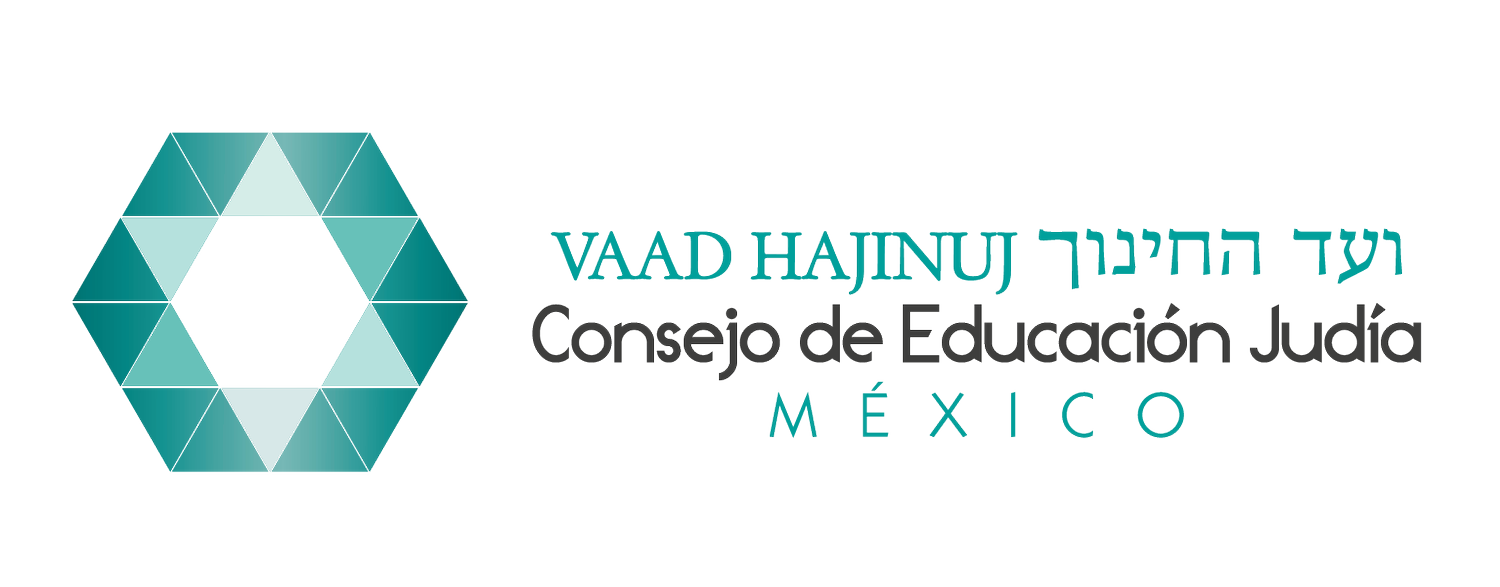The Importance of Learning a Second Language
By Karen Esquenazi
English Coordinator Escuela Yavne
Why would we want young children to learn a second language while they are focused on learning their primary one? It seems like this would be learning overload at a time when they are also learning how to be friends, count, play on the playground and so much more. However, this is a time in our lives when acquiring a second language comes very naturally.
Between the ages of 0-3, the brains of young children are uniquely suited to learn a second language as the brain is in its most flexible stage. In fact, bilingually exposed infants excelled in detecting a switch in language as early as 6 months old. They can learn a second language as easy as they learned to walk and learn their primary language.
As adults, we have to consider grammar rules and practice, but young children absorb sounds, structures, intonation patterns and the rules of a second language very easily. Up until the age of 8, young learners benefit from flexible ear and speech muscles that can detect differences between the sounds of a second language.
Language is more than just a means of communication; it is a window into culture, history, and perspective of community. In today’s interconnected world, multilingualism is an asset that opens doors to personal growth, career opportunities, and cross-cultural understanding. Today’s generations must understand the profound importance of learning a second language and why it should be encouraged and embraced by individuals of all ages.
One of the benefits of learning a second language is its positive impact on cognitive abilities.
Studies have shown that bilingual individuals often display enhanced problem-solving skills, improved multitasking abilities, and greater mental flexibility.
Another benefit is having better career opportunities.
We live in an increasingly globalized world, and employers value employees with language skills. Learning a second language can also open up job opportunities in foreign markets and expand career horizons.
Learning a second language provides insights into traditions, customs, and values of another community. It allows you to connect with people on a deeper level, bridging cultural gaps and fostering global harmony.
Finally, living in today’s globalized society, the importance of learning a second language cannot be overstated. It offers cognitive benefits, enhances career opportunities, promotes cultural understanding, improves communication skills, and opens the doors to new worlds.
So, take the plunge and learn a new language today!
Reference
International Center for language studies. (5 de julio de 2023). Language Skills: 5 Benefits for Career Advancement. International Center for language studies. https://www.icls.edu/language-skills-for-career-advancement/


